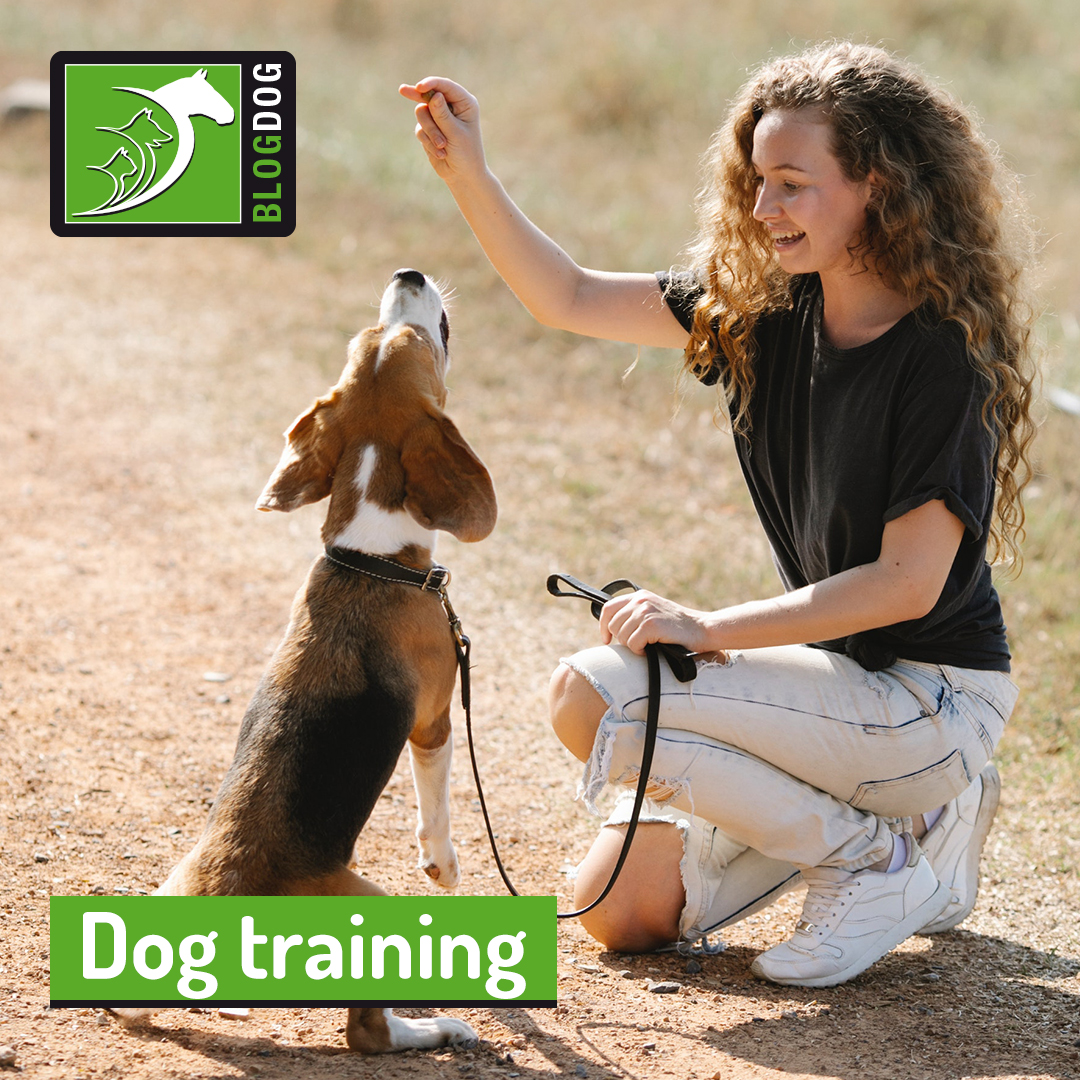
Dog training

Dogs are intelligent animals, and mental stimulation is essential for them to lead a happy, and healthy life.
With the kids being back at school and the family spending less time at home, why not invest some time in teaching your dog a new trick?
Learning is a great way to stimulate your dog's cognitive abilities and it can be a wonderful bonding experience between you and your pet.
That said, we leave you with our top five tips to help you train your dog!
#1: Setting up
Before you start:
Choose a quiet place to train your dog where you won't be interrupted and where there are little or no distractions.
Gather all the materials needed for your training session (treats, objects, clicker, etc.).
Make sure that you're relaxed and that you have time. If you are annoyed for some reason, if your mind is wandering, or if you're in a rush, this can create a negative experience for your dog. If this is the case, it may be best to skip the training session.
Now that you have everything prepared, you can get your dog!
#2: Start small
You may want to teach your dog to navigate an obstacle course, but if you have never trained your dog before, make sure to start with more simple commands (such as sit, for example), which are easier to learn. This way, your dog will familiarise themselves with the process, and it will be easier to move on to more difficult tricks.
Another thing that helps is to keep training sessions short so that neither you nor your dog becomes tired or frustrated if the progress is not happening as fast as you were expecting.
#3: Break it down
Let's go back to the obstacle course idea. Imagine that the course is comprised of three obstacles: a tunnel, a ramp and 10 weave poles, and that you want your dog to go through these in a set order. For your dog to complete these three obstacles in succession, they first need to learn to go through them individually and then you can build up from there.
#4: Imitation
Did you know that dogs are great copycats? If your dog is struggling to learn something, seeing another dog complete the same exercise may help them understand what is expected better.
#5: Rewards
Rewards are key in the process of learning, as rewarding a behaviour makes it more likely to be repeated. Rewards can take many forms depending on your dog's personality - they can be food treats, praise or even toys. Make sure that you know which one your dog prefers to keep them motivated.
If your dog is doing something that was not intended, do not punish or yell at them. They can associate training with a negative experience, which will have a detrimental impact on results. Instead, ignore what they are doing and try again another time.
We hope you have fun teaching your dog something new these coming days! If you feel that they are struggling to learn something new, take a step back and try to figure out how you can break the task down into more manageable stages.
Be patient and good luck!
Would you like to know more about dogs? Check our Canine Courses:
Canine courses
Published: 20 Sep 2021
Read the previous article: Improving mealtimes for older pets

